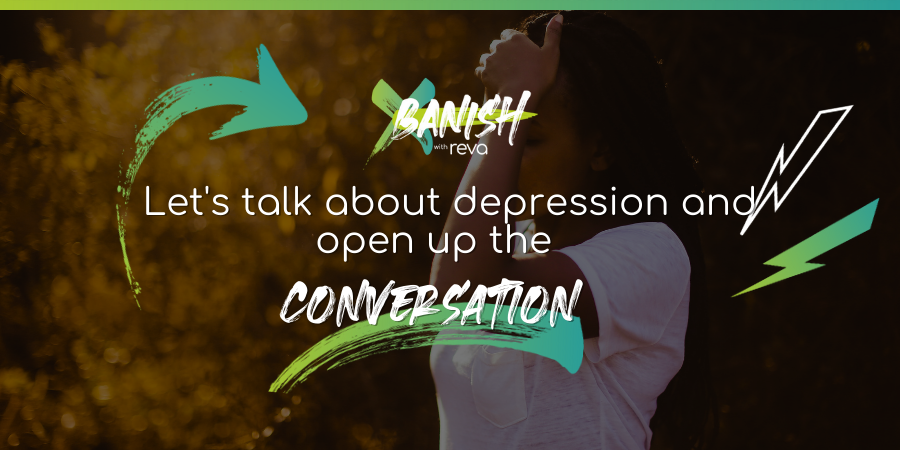
Let’s Talk About Depression; Opening Up The Conversation

It’s time to open up the conversation about depression. The more we talk about it the more we can help friends going through a tough time or get support ourselves. But what is depression? In this blog we delve into how it can affect you and what to do if you need help. Let’s go…
What is depression
To put it plainly it is a common but serious mood disorder. It’s more than just feeling sad, it can affect your sleep, work, and how you think and will last a few weeks if not months or even years. As it is a condition that focuses on emotions, it can be seen as trivial or something to just “snap out of”. This really isn’t the case. Other than feeling sad, here are the some of the symptoms…
- Persistently down
- Feeling hopeless, unworthy and/or guilty
- Loss of interest in the outside world and hobbies
- Restlessness
- Lack of or trouble sleeping
- No concentration
- Headaches, pains, digestion problems
There are several types of depression, a few of which are listed below:
Postpartum depression – Developed depression either during or after pregnancy and can even affect partners. More than 1 in every 10 women will be affected within a year after giving birth.
Seasonal Affective Disorder – Possibly the most common forms of depression, often known as S.A.D. This disorder is triggered by the change of seasons, feeling down with the autumnal and winter seasons and feeling happier in spring and summer.
Persistent Depressive Disorder – A long term form of depression that lasts a minimum of two years.
If you know of anyone that may suffer from depression or if you are struggling yourself, just know you are not alone…
Who it affects
Globally, 5% of adults suffer with depression, that’s approximately 280 million people worldwide. With a pandemic behind us it may not surprise you that the isolation that came with covid did not help people with mood disorders.
Not only that, depression is responsible for 109 million lost working days every year in England, at the cost of £9 billion to the economy. This not only shows how depression can affect your daily tasks but that it needs to be spoken about more. For every £1 spent on mental health interventions, a business gets £5 back in reduced absence.
What to do if you need help
At Banish we ensure that mental health is as much a priority as physical health. We’ve partnered with the charity CALM (Campaign Against Living Miserably) and donate 10% of all our revenues to the charity. Not only do CALM have a helpline on 0800 58 58 58, they provide essential resources to people that are struggling.
Reach out to your friends and family. If you’re feeling low and suffer from any of the symptoms mentioned above please reach out to your support system. There’s no shame in asking for help and you may be surprised to find some friends and family going through or have gone through similar experiences. Let’s talk about it!